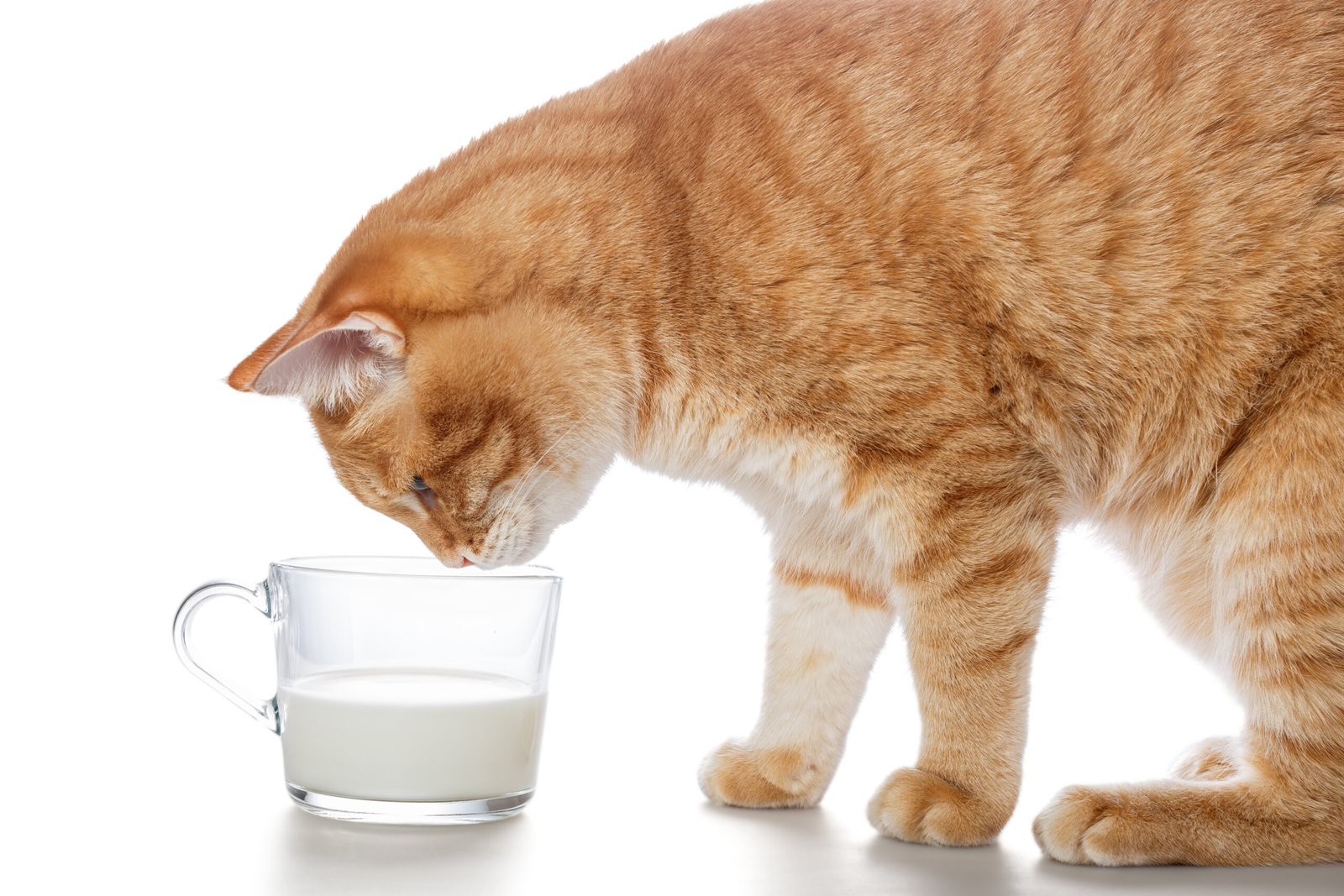Kittens are delicate creatures that require special nutrition during their early stages of life. Many people often assume that cow’s milk is suitable for kittens, especially since it is a natural drink for humans. However, the truth is more complicated. Giving Cow Milk for Kittens can sometimes do more harm than good. In this article, we will explore whether kittens should drink cow’s milk, the risks involved, and the best alternatives.
Why People Think Cow’s Milk Is Good for Kittens
The common belief that kittens can safely drink cow’s milk likely comes from the fact that they are mammals, and milk is a primary food source for young animals. While mother cats produce milk that is perfectly balanced for their kittens, cow’s milk is designed for calves, not felines. The nutritional needs of a kitten are quite different from those of a calf, which makes cow’s milk an unsuitable substitute.
The Problem With Cow’s Milk for Kittens
1. Lactose Intolerance
Most kittens (and adult cats) are lactose intolerant. This means they lack enough of the enzyme lactase, which is required to properly digest lactose, the sugar in milk. Drinking cow’s milk can lead to digestive upset.
2. Digestive Issues
Cow’s milk can cause:
- Diarrhea
- Bloating
- Gas
- Stomach cramps
Diarrhea, in particular, can quickly become dangerous for kittens because it leads to dehydration, which can be life-threatening.
3. Nutritional Imbalance
Cow’s milk does not contain the right balance of proteins, fats, and vitamins that a growing kitten needs. It can fill up their stomachs, preventing them from eating the nutrient-rich kitten food they actually require for growth.
Safe Alternatives to Cow’s Milk
If a kitten cannot nurse from its mother, there are better and safer options than cow’s milk:
- Kitten Milk Replacer (KMR) – Specially formulated to provide the nutrition that kittens need. Available at pet stores and veterinary clinics.
- Goat’s Milk (in moderation) – Easier to digest than cow’s milk but still not ideal as a regular diet.
- Hydration with Water – Once kittens are weaned (around 8 weeks), clean water should replace milk completely.
When Is Milk Safe for Kittens?
- Newborns: They must drink their mother’s milk or a kitten milk replacer.
- Older than 8 Weeks: At this stage, kittens are typically weaned and should transition to solid kitten food and water. Milk, whether cow’s or otherwise, is unnecessary.
What to Do If Your Kitten Accidentally Drinks Cow’s Milk
If a kitten consumes cow’s milk by accident, monitor them for signs of stomach upset such as diarrhea or vomiting. If symptoms are severe or last more than 24 hours, consult a veterinarian immediately to prevent dehydration.
Final Thoughts
While cow’s milk might seem harmless or even beneficial for kittens, it is not a safe or healthy choice. The majority of kittens are lactose intolerant and cannot digest it properly. The best practice is to provide them with kitten milk replacers during their early weeks, then transition them to solid food and water as they grow.

